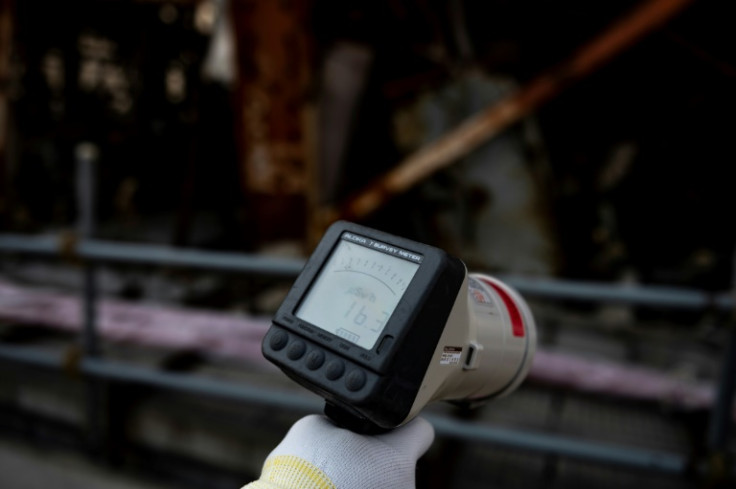
US authorities said Wednesday they had charged a member of the Japanese yakuza criminal underworld with handling nuclear material sourced from Myanmar and seeking to sell it to fund an illicit arms deal.
According to a superseding indictment unsealed in a Manhattan court, yakuza leader Takeshi Ebisawa and co-defendant Somphop Singhasiri had previously been charged in April 2022 with drug trafficking and firearms offenses, and both were remanded.
"The defendant stands accused of conspiring to sell weapons grade nuclear material and lethal narcotics from Burma (Myanmar), and to purchase military weaponry on behalf of an armed insurgent group," said Assistant Attorney General Matthew Olsen of the Justice Department's National Security Division.
"It is chilling to imagine the consequences had these efforts succeeded and the Justice Department will hold accountable those who traffic in these materials and threaten US national security and international stability."
The military weaponry to be part of the arms deal included surface-to-air missiles, the indictment alleges.
Prosecutors allege that Ebisawa "brazenly" moved material containing uranium and weapons-grade plutonium, alongside drugs, from Myanmar.
From 2020, Ebisawa boasted to an undercover officer he had access to large quantities of nuclear materials that he sought to sell, providing photographs of materials alongside Geiger counters registering radiation.
During a sting operation including undercover agents, Thai authorities assisted US investigators to seize two powdery yellow substances which the defendant described as "yellowcake."
"The (US) laboratory determined that the isotope composition of the plutonium found in the Nuclear Samples is weapons-grade, meaning that the plutonium, if produced in sufficient quantities, would be suitable for use in a nuclear weapon," the Justice Department said in its statement.
One of Ebisawa's co-conspirators claimed they "had available more than 2,000 kilograms (4,400 pounds) of Thorium-232 and more than 100 kilograms of uranium in the compound U3O8 -- referring to a compound of uranium commonly found in the uranium concentrate powder known as 'yellowcake'."
The indictment claims Ebisawa had suggested using the proceeds of the sale of nuclear material to fund weapons purchases on behalf of an unnamed ethnic insurgent group in Myanmar.
Ebisawa faces a mandatory minimum sentence of 25 years in prison for seeking to acquire surface-to-air missiles, and up to 20 years imprisonment for the trafficking of nuclear materials internationally.
Prosecutors describe Ebisawa as a "leader of the Yakuza organized crime syndicate, a highly organized, transnational Japanese criminal network that operates around the world (and whose) criminal activities have included large-scale narcotics and weapons trafficking."
No date was given for trial.



